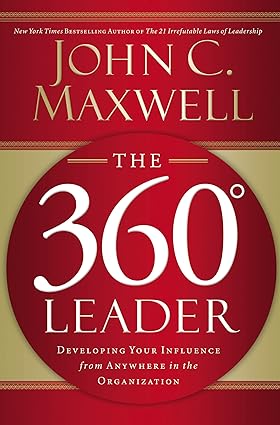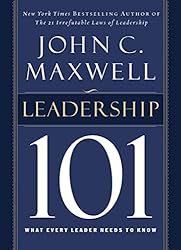William Congreve (24 January 1670 – 19 January 1729) was an English playwright and poet of the Restoration period. He is known for his clever, satirical dialogue and influence on the comedy of manners style of that period. He was also a minor political figure in the British Whig Party.
William Congreve was born in Bardsey Grange, on an estate near Ledston, West Yorkshire.[1] Although Samuel Johnson disputed this, it has since been confirmed by a baptism entry for “William, sonne of Mr. William Congreve, of Bardsey grange, baptised 10 February 1669 [i.e. 1670 by the modern reckoning of the new year]”.[2] His parents were Colonel William Congreve (1637–1708) and Mary Browning (1636?–1715), who moved to London in 1672, then to the Irish port of Youghal.[3]
Congreve was educated at Kilkenny College, where he met Jonathan Swift, and at Trinity College in Dublin. He moved to London to study law at the Middle Temple, but preferred literature, drama, and the fashionable life. Congreve used the pseudonym Cleophil, under which he published Incognita: or, Love and Duty reconcil’d in 1692. This early work, written when he was about 17 years of age, gained him recognition among men of letters and an entrance into the literary world. He became a disciple of John Dryden whom he met through gatherings of literary circles held at Will’s Coffeehouse in the Covent Garden district of London. Dryden supported him throughout his life, often composing complimentary introductions for his publications.
Congreve was distantly related to Lady Elizabeth Hastings, whose family owned Ledston and was part of the London intelligentsia. He wrote a number of articles about her in the Tatler magazine.[4]



















